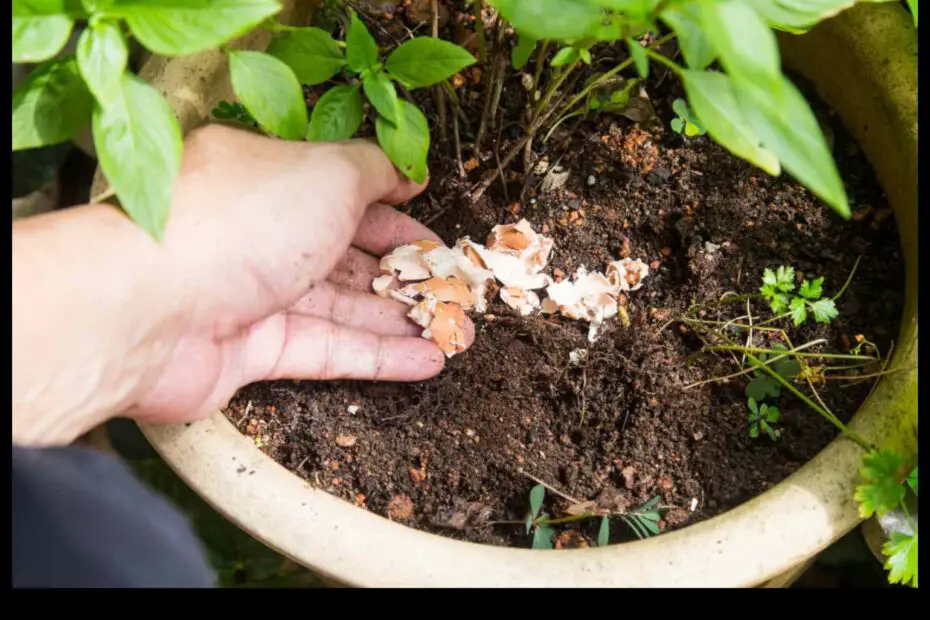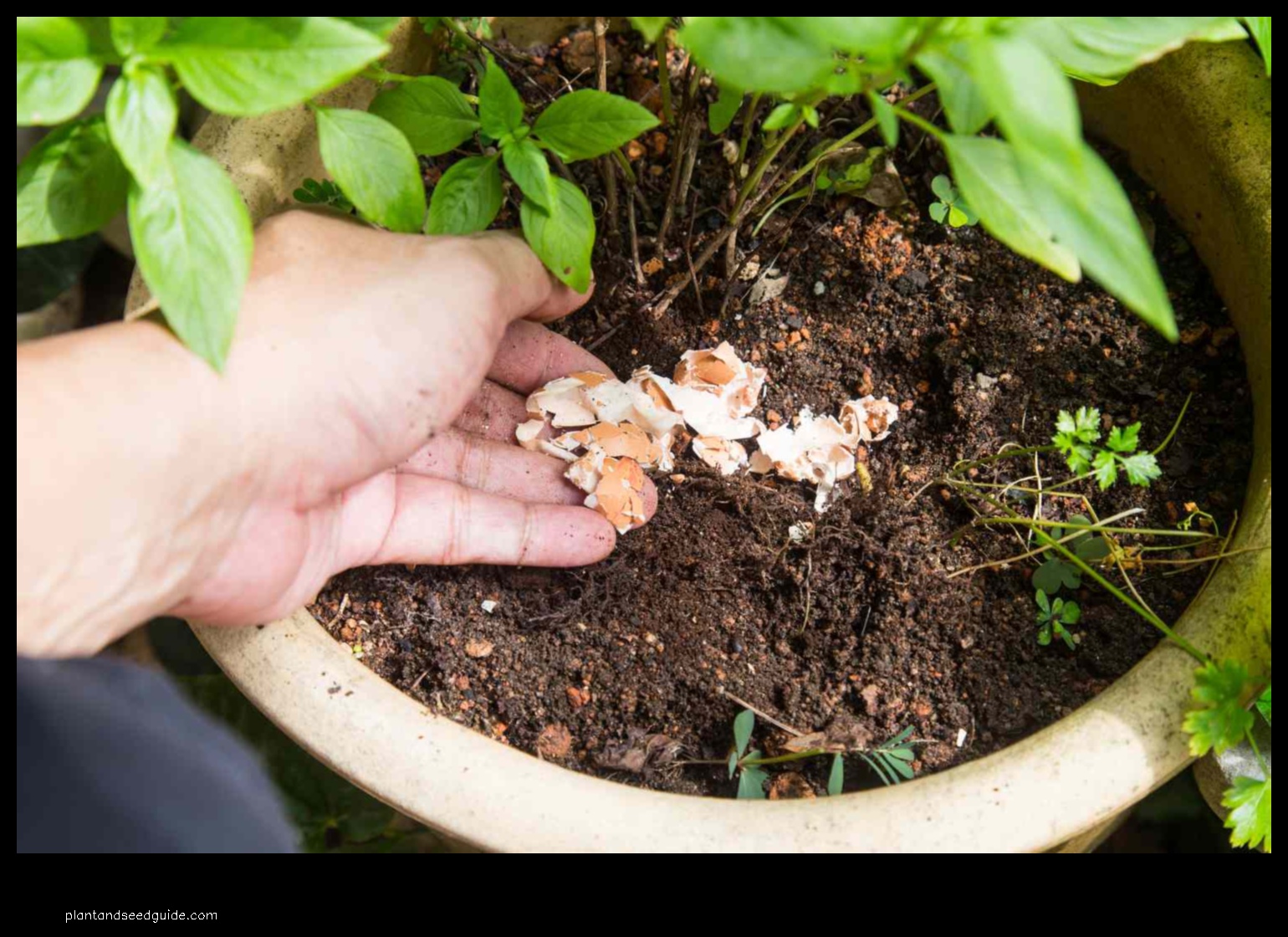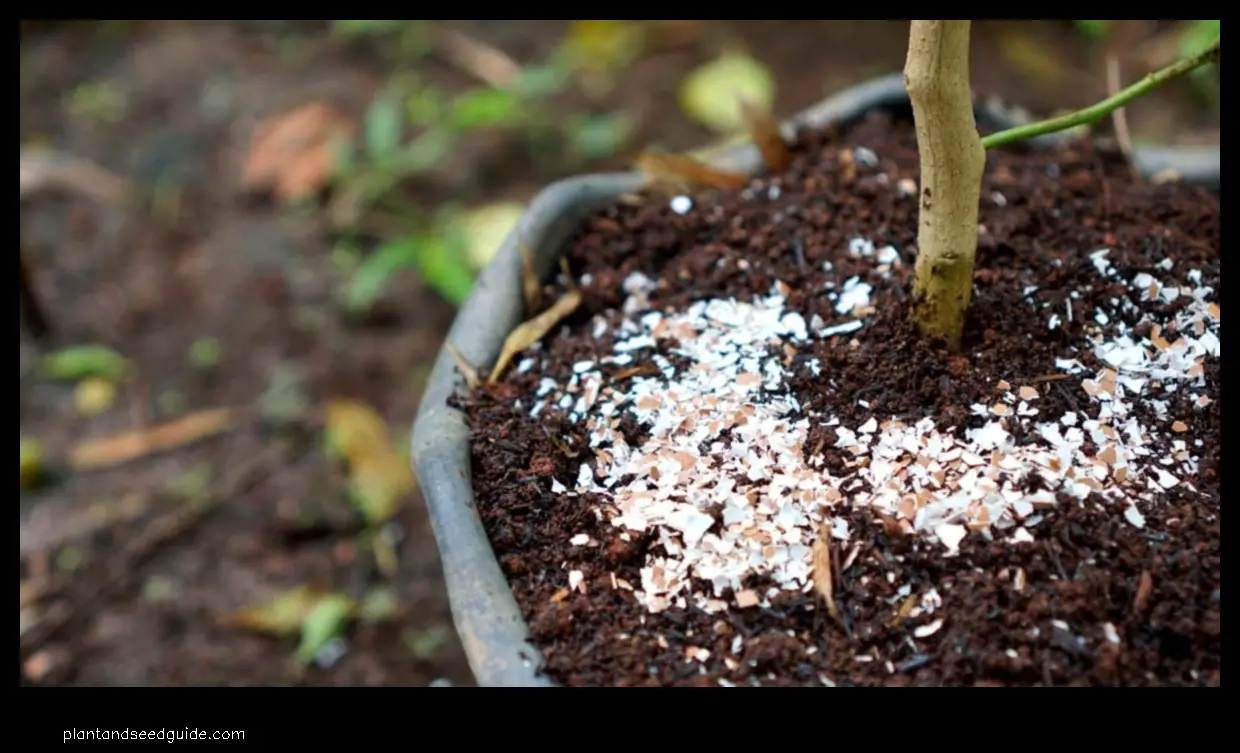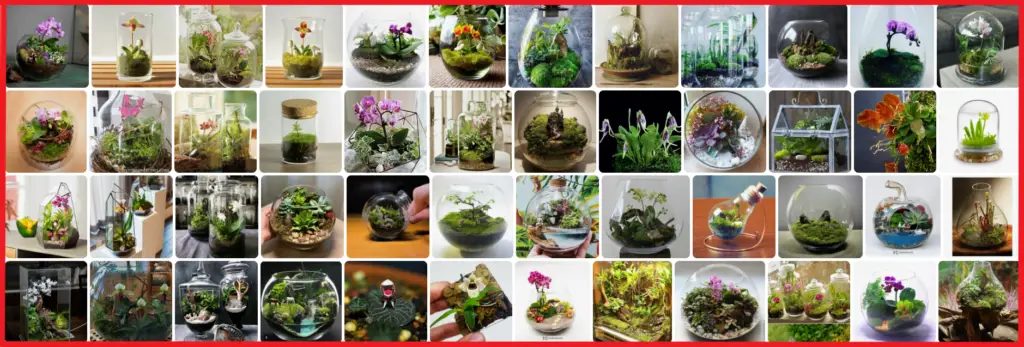

Eggshells are a common household waste product, but did you know that they can also be a valuable resource for your garden? Crushed eggshells can provide a number of benefits for plants, including improving soil drainage, providing calcium, and deterring pests.

IBenefits of eggshells for plants
Eggshells contain a number of nutrients that can benefit plants, including calcium, phosphorus, and magnesium. Calcium is an essential nutrient for plant growth, and it helps to strengthen cell walls and promote root development. Phosphorus is also essential for plant growth, and it helps to produce energy and DNA. Magnesium is important for photosynthesis and chlorophyll production.
In addition to providing nutrients, eggshells can also help to improve soil drainage. The porous structure of eggshells helps to aerate the soil and allow water to drain more freely. This can help to prevent waterlogging and root rot.
Finally, eggshells can also help to deter pests. The sharp edges of eggshells can discourage animals from digging up plants or eating the leaves.
Loading... Seconds Left for
Miniature Orchid Terrarium Gallery!

How to use eggshells for plants
There are a few different ways to use eggshells for plants. You can crush them up and add them to the soil, or you can make a tea out of them.
To crush eggshells, you can use a mortar and pestle, a food processor, or a rolling pin. Once the eggshells are crushed, you can add them to the soil around your plants. You can also make a tea out of eggshells by boiling them in water for 20 minutes. The tea can then be used to water your plants.
How much eggshells to use for plants
The amount of eggshells you use for plants will depend on the size of your plants and the type of soil you have. For small plants, you can use a handful of crushed eggshells. For larger plants, you can use up to a cup of crushed eggshells.
If you have
clay soil, you may want to use more eggshells, as they can help to improve drainage. If you have sandy soil, you may want to use fewer eggshells, as they can bind the soil together.
How often to use eggshells for plants
You can use eggshells for plants as often as you like. However, you should avoid using too much eggshells, as this can damage the roots of your plants.
If you are using eggshells as a soil amendment, you can add them to the soil once a year. If you are using eggshells as a tea, you can water your plants with the tea once a month.
Using eggshells for plants is generally safe, but there are a few potential side effects to be aware of.
First, if you use too much eggshells, it can damage the roots of your plants. This is because eggshells can bind the soil together and prevent water and nutrients from reaching the roots.
Second, eggshells can contain bacteria. If you are using eggshells as a tea, it is important to make sure that you boil them for at least 20 minutes to kill any bacteria.
Safety_precautions_for_using_eggshells_for_plants">Safety precautions for using eggshells for plants
There are a few safety precautions to take when using eggshells for plants.
First, make sure that you wash the eggshells before using them. This will help to remove any bacteria that may be present.
Second, wear gloves when handling eggshells. This will help to protect your hands from the sharp edges of the eggshells.
Third, do n
ot eat eggshells that have been used for plants. The eggshells may contain bacteria that can cause food poisoning.
FAQ
Q: Can I use eggshells for plants that are already growing?
A: Yes, you can use eggshells for plants that are already growing. However, you should avoid using too much eggshells, as this can damage the roots of your plants.
Q: Can I us
e eggshells for plants that are not growing?
A: Yes, you can use
| Feature |
Eggshells |
| Gardening |
Can be used as a natural fertilizer, pest repellent, and soil amendment. |
| Plant nutrition |
Provide calcium and other nutrients that are essential for plant growth. |
| Soil amendment |
Helps to improve the drainage and aeration of soil, making it more conducive to plant growth. |
| Sustainability |
A renewable resource that can be used to improve the health of gardens and plants without harming the environment. |
IBenefits_of_eggshells_for_plants-2">IBenefits of eggshells for plants
Eggshells are a good source of calcium, which is an essential nutrient for plant growth. Calcium helps to strengthen plant cell walls and promote root growth. It can also help to prevent blossom end rot in tomatoes.
In addition to calcium, eggshells also contain other nutrients that are beneficial for plants, including magnesium, phosphorus, and potassium. These nutrients can help to improve plant health and vigor.
Eggshells can also help to improve the drainage of soil and provide aeration for plant roots. This can help to prevent root rot and other diseases.
Overall, eg
gshells are a safe and effective way to improve the health and growth of your plants.
Benefits of eggshells for plants
Eggshells are a good source of calcium, which is an essential nutrient for plant growth. Calcium helps to strengthen plant cell walls and promote healthy root growth. Eggshells also contain other nutrients, such as magnesium, phosphorus, and potassium, which are all beneficial for plant health.
In addition to providing nutrients, eggshells can also help to improve the drainage and aeration of soil.
This can help to prevent root rot and other soil-borne diseases..
Eggshells can also help to attract beneficial insects, such as ladybugs and lacewings, which can help to control pests.
Overall, eg
gshells are a safe and effective way to improve the health and vigor of your plants. They are a natural and sustainable way to add nutrients to your soil, and they can help to prevent pests and diseases.
How much eggshells to use for plants
The amount of eggshells you use for plants will depend on the size of the plant and the type of soil. For small plants, you can use a handful of eggshells. For larger plants, you can use up to a cup of eggshells.
If you are using eggshells to amend your soil, you can add them at a rate of 10-20% eggshells by volume. For example, if you are adding eggshells to a 1 cubic foot pot of soil, you would add 1-2 cups of eggshells.
It is impor
tant to note that eggshells will break down over time, so you will need to add more eggshells to your soil every few months.
How often to use eggshells for plants
You can use eggshells for plants once a month or every few months, depending on the size of your plants and the amount of eggshells you have available. If you have a lot of eggshells, you can use them more often. If you only have a few eggshells, you can use them less often.
It is important to note that eggshells are a slow-release fertilizer, so you do not need to use them very often. If you use them too often, you may end up damaging your plants.
ear:both; margin-top:0em; margin-bottom:1em;">See also
How to Save Your Plants from Cold Shock



